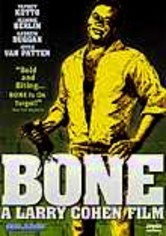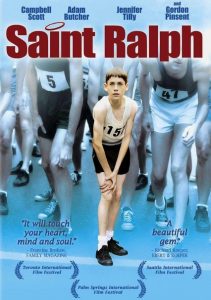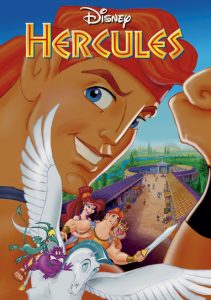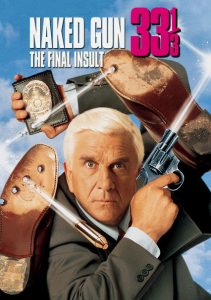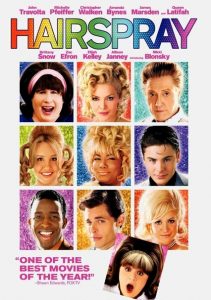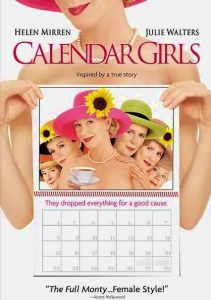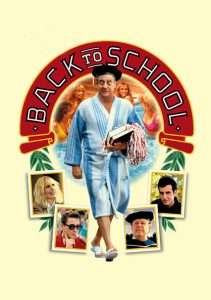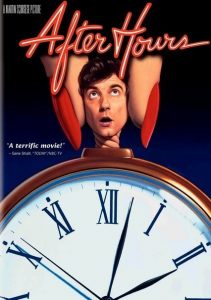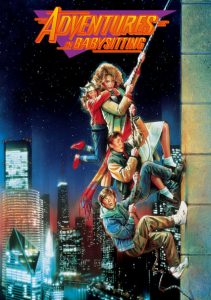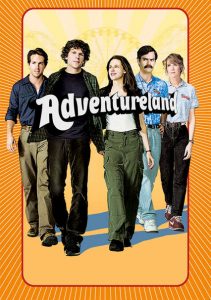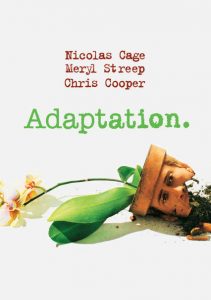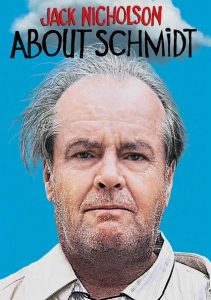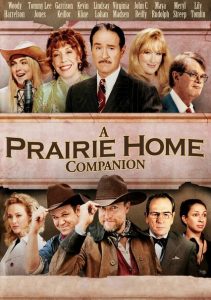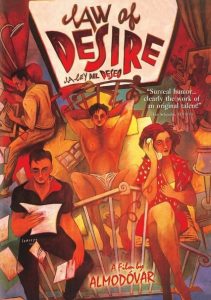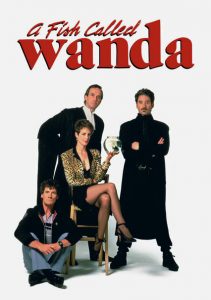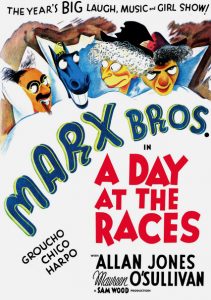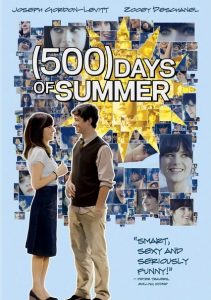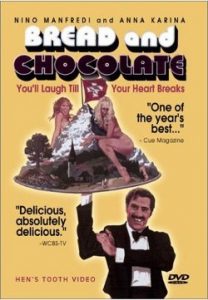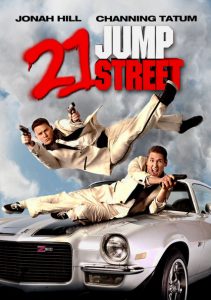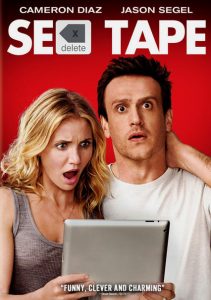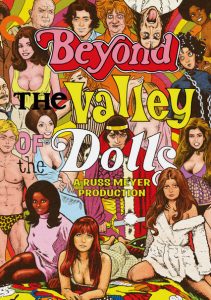Bone-1972
Director Larry Cohen
Starring Yaphet Kotto, Andrew Duggan, Joyce Van Patten
Scott’s Review #1,121
Reviewed March 12, 2021
Grade: B+
It’s tough to review a film like Bone (1972) because it’s a tough film to categorize. Is it a satire or does it dissect racism and classism?
The truth is it does all of the above and offers a bizarre and jagged cinematic experience that will leave the viewer perplexed, scratching his or her head, and ruminating about the experience long after the credits roll.
I was originally expecting Bone to be a 1970s exploitation film but it’s not that at all.
One lazy sunny day, in Los Angeles’s illustrious Beverly Hills, local salesman Bill (Andrew Duggan) and his wife Bernadette (Joyce Van Patten) bicker beside their luscious pool.
They are horrified when they realize a filthy rat has become stuck in the filter. This provides some symbolism as the film chugs along. When they rush to call the exterminator a threatening black man named Bone (Yaphet Kotto) suddenly appears.
Frightened, they first assume he is with the exterminator company but when he terrorizes them with the now-dead rat they offer him money to leave. While they search for banking materials, Bone realizes that Bernadette and Bill are not as wealthy as appearances would dictate.
Bone sends Bill to the bank to withdraw cash or else he will rape and beat Bernadette. At the same time, Bernadette becomes suspicious of Bill’s financial intentions.
There are moments in the film that left me feeling like I was watching something bizarre or of little sense. I’m still not sure what the opening scene of Bill filming a television commercial featuring cars involved in wrecks with dead bodies inside meant.
The images are bloody and horrific- artistic but unclear is the message.
The conclusion also is unclear. When one character appears to murder another, a third character vanishes. Naming the characters would ruin the story but suffice it to say one may wonder if the entire film was a dream.
The realization that Bill and Bernadette make individually is that they don’t care for one another and would happily leave the other to die. We know little about their life from before but assume, while rich, they live a life of boredom, each yearning for some spice.
How many nights does Bernadette sit alone by the pool drowning her sorrows in Chardonnay?
Yaphet Kotto is wonderfully cast. Soon to be well-known as a James Bond villain in Live and Let Die (1973), his character in Bone starts as menacing and slowly becomes sympathetic almost rootable.
When he reveals to Bernadette that he cannot maintain an erection unless he is raping someone, the thought is sickening, but he also appears vulnerable and feeble.
He gradually becomes my favorite character of the three whereas in a conventional film, he would be the one not to root for.
Bill’s experiences are a mind-fuck.
Tasked with withdrawing money from his bank to save his wife, he thinks why should he? He meets a gregarious woman at a bar played by Brett Somers and a chatty young woman online at the bank, who beds him and makes him a salted steak. They frolic away the afternoon as, for all he knows, his wife could be dead!
The issues of classism and racism are the meat and potatoes of Bone and where the film succeeds. We feel the pain of Bone when he as a black man must stand out like a sore thumb in swanky Beverly Hills.
He has had to struggle for every crumb he has gotten while he sees spoiled brats like Bill and Bernadette getting everything and working half as hard. It’s not fair and the audience is meant to empathize with him.
Larry Cohen, well-known for the low-budget campy circuit, creates a perplexing project with added black comedy. The rat, the chatty girl, the X-Ray lady, everyone in the film is wacko!
Bone is a weird film that I don’t know what to make of. I took it as a glimpse into social issues and I loved the food references, the steak, and eggs mostly.
The plot and conclusion will leave you wondering but I guess that’s better than forgetting the film five minutes later. I’m still trying to make heads or tails of it.
